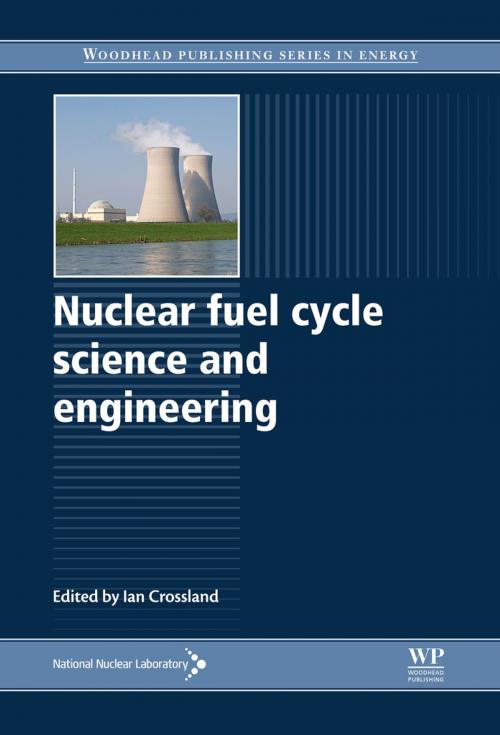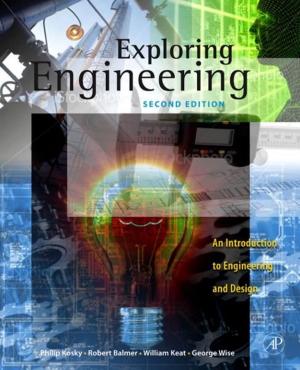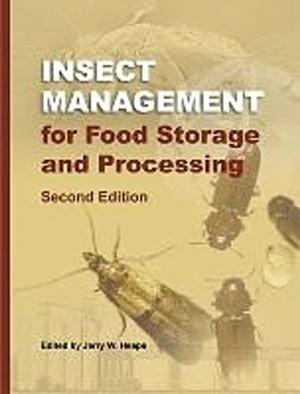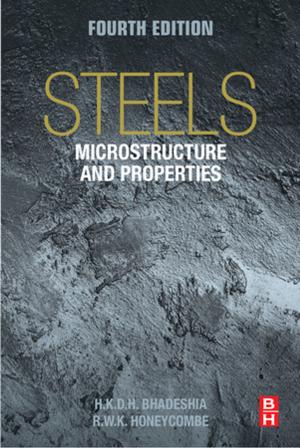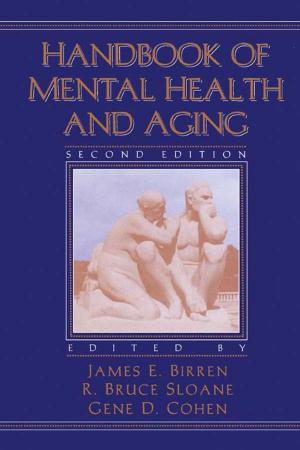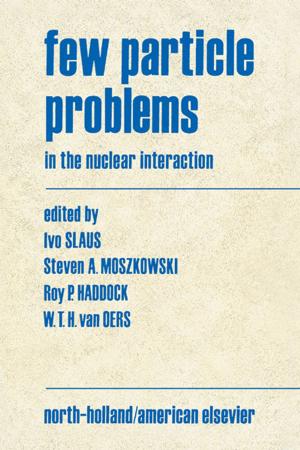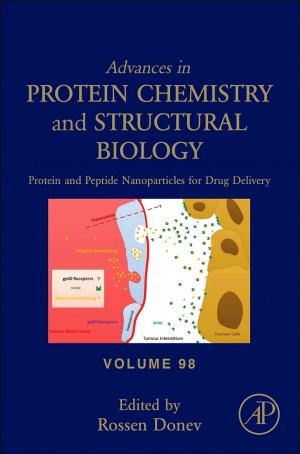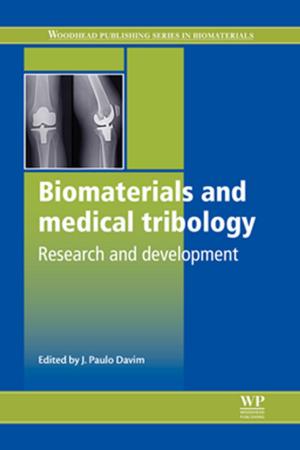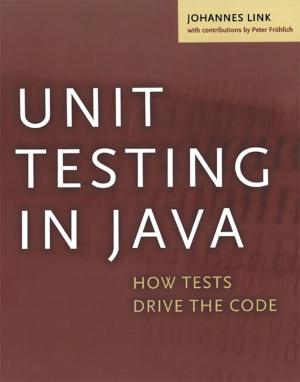Nuclear Fuel Cycle Science and Engineering
Nonfiction, Science & Nature, Technology, Nuclear Energy, Business & Finance, Industries & Professions, Industries| Author: | ISBN: | 9780857096388 | |
| Publisher: | Elsevier Science | Publication: | September 21, 2012 |
| Imprint: | Woodhead Publishing | Language: | English |
| Author: | |
| ISBN: | 9780857096388 |
| Publisher: | Elsevier Science |
| Publication: | September 21, 2012 |
| Imprint: | Woodhead Publishing |
| Language: | English |
The nuclear fuel cycle is characterised by the wide range of scientific disciplines and technologies it employs. The development of ever more integrated processes across the many stages of the nuclear fuel cycle therefore confronts plant manufacturers and operators with formidable challenges. Nuclear fuel cycle science and engineering describes both the key features of the complete nuclear fuel cycle and the wealth of recent research in this important field.
Part one provides an introduction to the nuclear fuel cycle. Radiological protection, security and public acceptance of nuclear technology are considered, along with the economics of nuclear power. Part two goes on to explore materials mining, enrichment, fuel element design and fabrication for the uranium and thorium nuclear fuel cycle. The impact of nuclear reactor design and operation on fuel element irradiation is the focus of part three, including water and gas-cooled reactors, along with CANDU and Generation IV designs. Finally, part four reviews spent nuclear fuel and radioactive waste management.
With its distinguished editor and international team of expert contributors, Nuclear fuel cycle science and engineering provides an important review for all those involved in the design, fabrication, use and disposal of nuclear fuels as well as regulatory bodies and researchers in this field.
- Provides a comprehensive and holistic review of the complete nuclear fuel cycle
- Reviews the issues presented by the nuclear fuel cycle, including radiological protection and security, public acceptance and economic analysis
- Discusses issues at the front-end of the fuel cycle, including uranium and thorium mining, enrichment and fuel design and fabrication
The nuclear fuel cycle is characterised by the wide range of scientific disciplines and technologies it employs. The development of ever more integrated processes across the many stages of the nuclear fuel cycle therefore confronts plant manufacturers and operators with formidable challenges. Nuclear fuel cycle science and engineering describes both the key features of the complete nuclear fuel cycle and the wealth of recent research in this important field.
Part one provides an introduction to the nuclear fuel cycle. Radiological protection, security and public acceptance of nuclear technology are considered, along with the economics of nuclear power. Part two goes on to explore materials mining, enrichment, fuel element design and fabrication for the uranium and thorium nuclear fuel cycle. The impact of nuclear reactor design and operation on fuel element irradiation is the focus of part three, including water and gas-cooled reactors, along with CANDU and Generation IV designs. Finally, part four reviews spent nuclear fuel and radioactive waste management.
With its distinguished editor and international team of expert contributors, Nuclear fuel cycle science and engineering provides an important review for all those involved in the design, fabrication, use and disposal of nuclear fuels as well as regulatory bodies and researchers in this field.
- Provides a comprehensive and holistic review of the complete nuclear fuel cycle
- Reviews the issues presented by the nuclear fuel cycle, including radiological protection and security, public acceptance and economic analysis
- Discusses issues at the front-end of the fuel cycle, including uranium and thorium mining, enrichment and fuel design and fabrication
